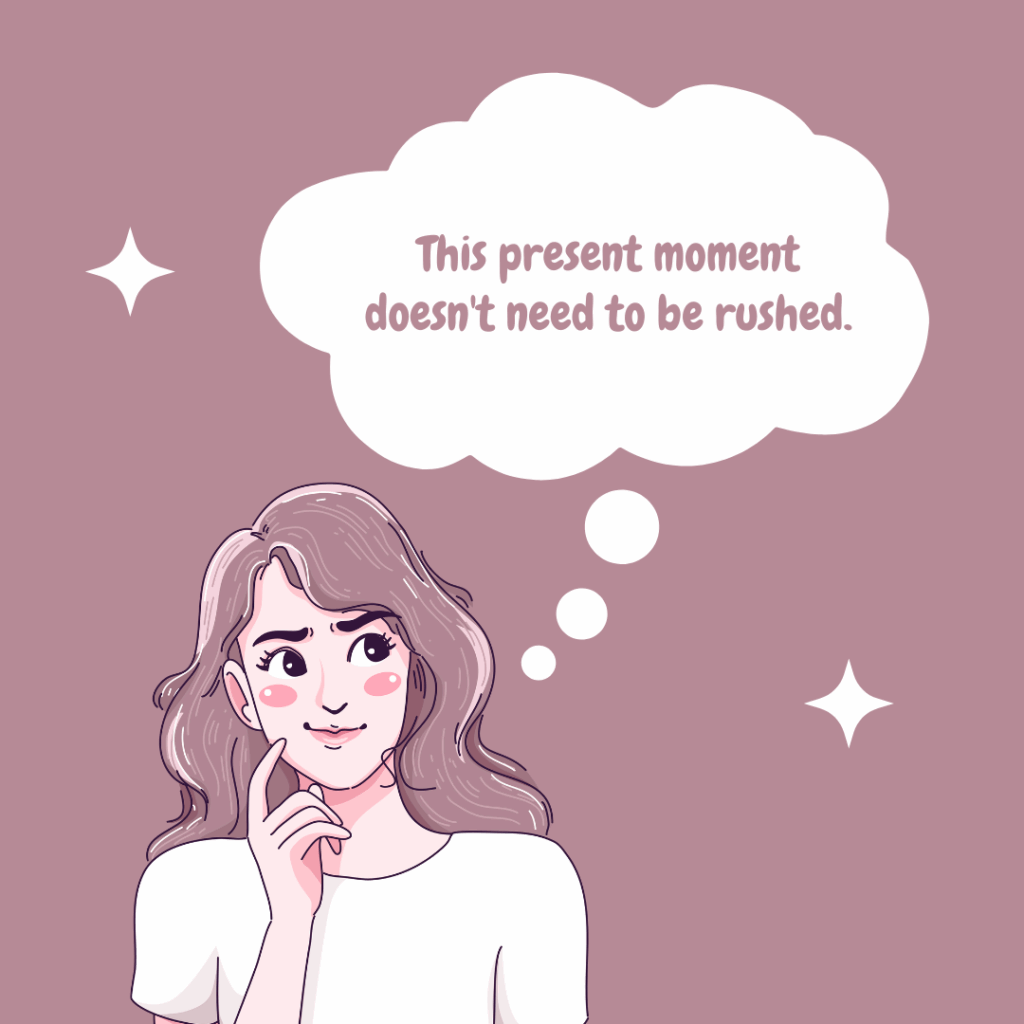What is Thought Disorder?
Thought disorders mess with how a person carries on conversations. They cause a disconnect in thinking and communicating, making speaking and writing harder.
For those with mental health issues like schizophrenia, thought disorders often show up as one of the first symptoms.
Research also shows that thought disorders can start during mania or depression. Some people might only show signs when they’re tired.
Recognizing Signs and Danger of Thought Disorder
People with thought disorders can improve their quality of life with early treatment and support.
Watch out for these common signs:
- Disorganized thinking and speech
- Hallucinations
- Paranoia and suspiciousness
- Social withdrawal and isolation
- Avoidance of daily functions
- Emotional instability

Mental Health Disorders Related to Circumstantiality
- Bipolar Disorder brings on racing thoughts, also known as pressured speech. These thought issues show up during bipolar episodes, where mood swings range from ecstatic to irritable, then to deeply hopeless.
- Borderline Personality Disorder (BPD) creates instability in relationships, self-image, and mood. Thought insertion and withdrawal may lead individuals to act impulsively, often without fearing harm or consequences.
- Generalized Anxiety Disorder (GAD) is marked by excessive worry and fear, speeding up both mental and physical responses. This heightened stress can cause circumlocution and pressure of speech.
- Obsessive Compulsive Disorder (OCD) involves obsessive thoughts, images, or urges that cause anxiety or distress. People with OCD struggle to push these thoughts away, which often leads to thought blocking.
- Post Traumatic Stress Disorder (PTSD) develops after someone experiences or witnesses trauma, like combat, accidents, assault, or natural disasters. Symptoms like thought insertion and tangential thinking can happen when reliving those memories.
- Psychosis is a cognitive disorder where a person disconnects from reality. It can cause delusions, making bizarre events seem possible even when there’s no factual basis for them.
- Schizophrenia symptoms often include disorganized thinking and perseveration. This leads to abnormal mental patterns, like jumping from one idea to another without noticing how disjointed the thoughts are.
- Substance Use Disorder (SUD) often occurs alongside mental health disorders, a situation called dual diagnosis or co-occurring disorders. Either substance abuse or mental illness can come first, but together they can cause incoherence, disorganized thinking, and thought blocking.
Comprehensive Treatment Options Circumstantiality
Treatment is the crucial first step to managing symptoms if you or someone you know might be struggling with Circumstantiality. People need medical support from professionals who understand their concerns and underlying conditions.
Sometimes, handling symptoms alone just isn’t enough. That’s why it’s so important to have a treatment team develop a personalized plan. We go beyond one-size-fits-all approaches and craft actionable, tailored guidelines.
Individuals with Circumstantiality can improve their well-being and better manage symptoms with therapy and support.
Inpatient Program
Inpatient or residential treatment offers care in a medically supervised facility for people with thought disorders. Clients stay at the facility around the clock during their program. They receive intensive, structured care that addresses the causes of their disorder and teaches coping skills.
Partial Hospitalization Program
Partial hospitalization programs (PHP) help individuals who need more mental health treatment and support than typical outpatient care but don’t require inpatient treatment.
PHPs provide a safe, structured setting with medical supervision. Clients get psychotherapy, plus one-on-one and group therapy alongside others facing similar challenges.
People attend care during the day and return home in the evening, letting them maintain routines while practicing positive lifestyle changes and building social connections.
Intensive Outpatient Program
A supportive home environment can really help manage chronic disorders. Many treatment centers recognize the importance of family and offer an intensive outpatient program (IOP).
This program fits those who don’t need 24/7 care. It’s often designed for people stepping down from partial hospitalization. Most IOPs meet 3-4 days a week for 3-5 hours, allowing participants to keep up with daily responsibilities.

Our Treatment Programs for Circumstantiality
Thoroughbred Wellness and Recovery uses a variety of evidence-based behavioral health care therapies to treat thought disorders and symptoms like overly detailed, indirect, or tangential speech.
Here are some therapies we offer that would be helpful for someone experiencing Circumstantiality:
- Cognitive Behavioral Therapy (CBT) helps individuals recognize and change disorganized or overly detailed thinking patterns. It teaches practical skills to focus thoughts, improve communication, and manage symptoms.
- Dialectical Behavior Therapy (DBT) is effective for people who struggle with emotional regulation and communication. It helps guests develop mindfulness, distress tolerance, and interpersonal effectiveness, which can reduce circumstantial or tangential speech.
- Accelerated Resolution Therapy (ART) is a form of psychotherapy that uses eye movements to help guests process and resolve problematic thoughts and memories. This can help reduce anxiety and improve clarity of thought.
- EMDR Therapy (Eye Movement Desensitization and Reprocessing) is beneficial for those with trauma-related thought disorders. It helps process traumatic memories that may contribute to disorganized thinking.
- Holistic Therapy includes mindfulness, breathwork, and other practices that help guests become more aware of their thoughts and learn to redirect or organize them more effectively.
- Trauma Therapy and Relational Trauma Therapy address underlying trauma that can contribute to disorganized or circumstantial thinking, helping guests process and resolve these issues.
- Psychodrama Therapy allows guests to act out situations, which can help them gain insight into their thought patterns and practice more direct, organized communication.
- Individual and Group Counseling provide a supportive environment to practice communication skills, receive feedback, and learn strategies to keep thoughts and speech more focused.
Begin Your Recovery Journey with Thoroughbred Wellness and Recovery
Since movies often show people with mental illnesses as dangerous or as outcasts, characters with these conditions frequently get labeled as “psychopaths,” no matter the actual disorder.
Although films like Girl Interrupted and Silver Linings Playbook balance entertainment and a more accurate portrayal of mental health. Accurate depictions are crucial if we want to break the stigma around mental illness.
We believe thought disorders deserve that kind of attention. Whether caused by brain injury or neurological issues, they’re complex. Many factors play a role. Treatment usually involves medication, therapy, and learning coping skills.
Living with thought disorders can be challenging, but with the proper support and coping skills, managing symptoms and improving your quality of life is possible. We’re here to help you take the first step at Thoroughbred Wellness and Recovery.
Explore our treatment programs, support groups, and resources designed to guide you toward recovery and a healthier, more fulfilling lifestyle. Call us at 770-564-4856 to get started today.










